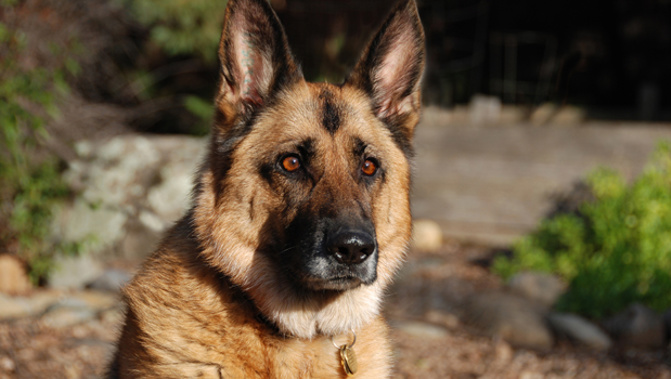
The growth of professional dog walking has been linked to a rise in interest for Unitec's Canine Behaviour and Training certificate.
The course is designed to provide students with the skills and knowledge to get work in a range of dog-related professions including dog training, doggie daycares and dog walking.
Unitec Applied Animal Behaviour lecturer Kristie Cameron says students learn skills and basic knowledge of husbandry, handling and health care of a range of animals.
"Our main purpose is to train the trainer - so we teach the trainer how to apply their skills to help other people's dogs," says Kristie Cameron.
"We've had students who have gone out on their own as dog trainers but also we have students who've gone out and worked for the biosecurity team at the airport with detector dogs."
For canine behaviour student Rachael Kerr the course has given her the skills and confidence to pursue her dream of finding a job working with dogs.
"I think that with any animal management people should have knowledge about what they're doing," she says.
"It doesn't even have to be walking dogs, it could be looking after their pets, it could be daycare.
"All life is important and I think everybody should have some knowledge before going 'hey I'm just going to take care of your animal and not know what the heck I'm doing'."
Students of the course attend Unitec's campus in Mt Albert, Auckland, on a fulltime basis five days a week for the year-long course, which is a NZQA level four qualification beginning in February.
Two days a week are taken up with practical training and three days with classroom theory.
The practical training involves teaching dogs such skills as agility and obedience and scent discrimination.
Theoretical topics include animal husbandry, animals and humans in the workplace, animal health, communication and ethics, and vertebrate anatomy and physiology.
Take your Radio, Podcasts and Music with you









